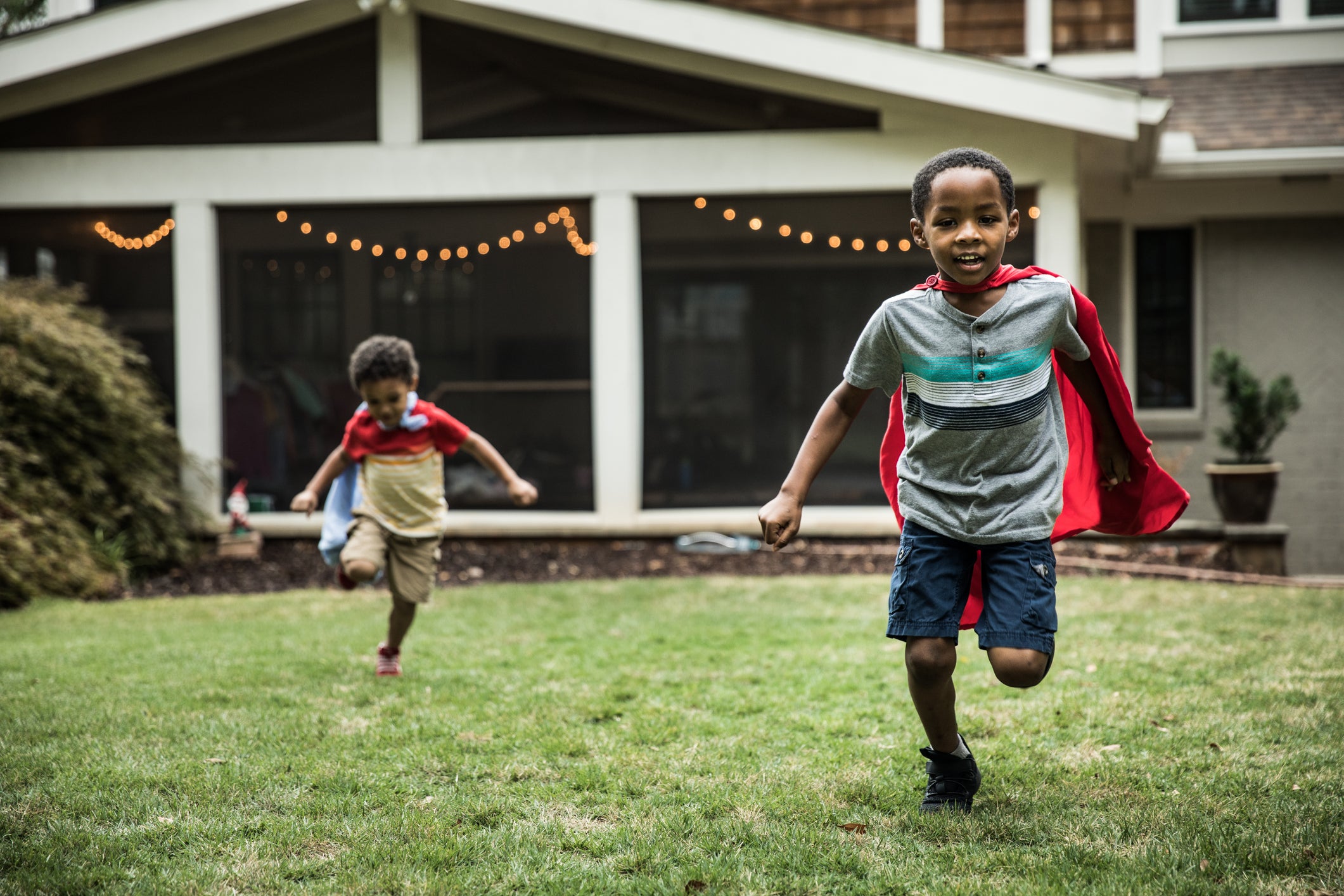
While wide-ranging coverage highlights how parents and caretakers are being impacted by COVID-19, little attention is being paid to how children are (or are not) learning to cope. Children account for the lowest percentage of infection so far, the Journal of American Medical Association (JAMA) reports. But with schools across the country closing and moving to remote instruction, children are losing opportunities for socialization, touch and play with their peers.
Vital components to their wellbeing are abruptly being cut off—as fear, isolation, trauma and panic begin to shape their imaginations, their sense of safety and their connections to community.
The massive upheaval in our daily and cultural practices will inevitably take a more tangible, emotional toll on all of us, but children have fewer developed tools to navigate them. It’s necessary now more than ever that we center our focus on how to support children during these times.
Dr. Deborah Serani tells Healthline, “Oversharing, ‘catastrophizing,’ and even joking about death or sickness can traumatize little ones. While this can be a scary time for kids, it could also be viewed as a moment in history that can reach and teach.”
We may never return to the false level of consistency in which capitalism attempts to envelop us, but we can provide a more sustainable foundation that holds space for the uncertainty, concerns and feelings that children are having, especially as they grapple with the loss of their routines. The long-term emotional and psychological effects of this virus will span future generations’ concepts of connection, community and hope.
Consequently, when we begin to see a spike in mental-health crises, including panic attacks, anxiety and depression, among children, we’ll need to employ patience, flexibility and love.
If you are a caretaker who wants to support children during this time, here are some helpful tips:
- Validate children’s feelings.
- Make space for difficult conversations.
- Let them guide the follow-up.
- Encourage regular breaks and play.
- Spend quality time together.
- Prioritize opportunities for you all to process your feelings and not have the right answers.
- Don’t diminish what a toll COVID-19 is having on them.
- Ask what they want to do when all of this is over.
- Ask about your children’s friends and when they last talked to them.
- Encourage them to rest. Set up nap time.
*****
ESSENCE is committed to bringing our audience the latest facts about COVID-19 (coronavirus). Our content team is closely monitoring the developing details surrounding the virus via official sources and health care experts, including the World Health Organization (WHO), the Centers for Disease Control and Prevention (CDC) and the Occupational Safety and Health Administration (OSHA). Please continue to refresh ESSENCE’s informational hub for updates on COVID-19, as well as for tips on taking care of yourselves, your families and your communities.